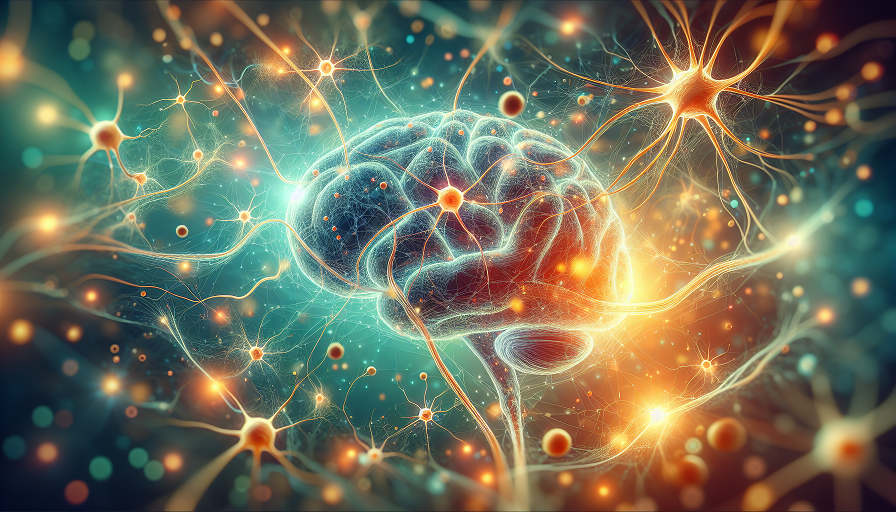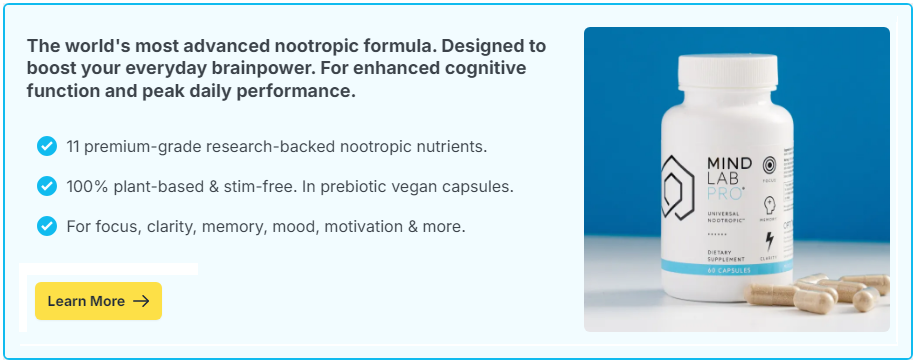
Noticing little memory slips? It’s completely normal to experience mild forgetfulness as you age, but that doesn’t mean you can’t keep your memory sharp. The key is to adopt brain-friendly habits that enhance cognitive function and protect against age-related decline.
Here are 12 science-backed strategies to help you maintain a sharp memory well beyond 40.
Contents
- 1. Stay Physically Active
- 2. Get Enough Quality Sleep
- 3. Eat a Brain-Boosting Diet
- 4. Challenge Your Brain Daily
- 5. Manage Stress Effectively
- 6. Stay Socially Connected
- 7. Keep Learning New Skills
- 8. Limit Alcohol and Avoid Smoking
- 9. Stay Hydrated
- 10. Use Memory Aids and Strategies
- 11. Protect Your Heart Health
- 12. Take Brain-Supporting Supplements
1. Stay Physically Active
Why it helps: Exercise increases blood flow to the brain, promotes neuroplasticity, and reduces the risk of cognitive decline.
How to do it: Aim for at least 150 minutes of moderate exercise per week—walking, swimming, yoga, and strength training are all great options.
2. Get Enough Quality Sleep
Why it helps: Sleep plays a crucial role in memory consolidation and cognitive processing.
How to do it: Maintain a consistent sleep schedule, avoid screens before bed, and aim for 7–9 hours of restful sleep each night.
3. Eat a Brain-Boosting Diet
Why it helps: Nutrient-rich foods can improve cognitive function and reduce brain inflammation.
How to do it: Follow the MIND diet, which includes leafy greens, fatty fish, nuts, berries, and olive oil while minimizing processed foods and sugar.
4. Challenge Your Brain Daily
Why it helps: Mental stimulation strengthens neural connections and helps build cognitive resilience.
How to do it: Read books, learn a new language, play chess, solve puzzles, or engage in memory-boosting games.
5. Manage Stress Effectively
Why it helps: Chronic stress leads to the overproduction of cortisol, which can impair memory and cognitive function.
How to do it: Practice meditation, deep breathing, yoga, or take short walks to reduce daily stress.
6. Stay Socially Connected
Why it helps: Strong social ties have been linked to a lower risk of cognitive decline and improved memory retention.
How to do it: Regularly spend time with friends and family, join clubs, or participate in group activities.
7. Keep Learning New Skills
Why it helps: Learning new things strengthens brain connections and enhances neuroplasticity.
How to do it: Take up a new hobby, try a musical instrument, or enroll in an online course to keep your brain engaged.
8. Limit Alcohol and Avoid Smoking
Why it helps: Excess alcohol consumption and smoking contribute to brain shrinkage and memory loss.
How to do it: Drink in moderation (if at all) and avoid smoking to protect cognitive function.
9. Stay Hydrated
Why it helps: Dehydration can cause brain fog, fatigue, and memory lapses.
How to do it: Drink at least 8 glasses of water per day and limit dehydrating beverages like alcohol and excess caffeine.
10. Use Memory Aids and Strategies
Why it helps: Organizing information in a structured way makes it easier to recall.
How to do it: Use mnemonics, write down key information, create to-do lists, and set reminders for important tasks.
11. Protect Your Heart Health
Why it helps: Cardiovascular health is closely linked to brain function, as poor circulation affects memory and cognition.
How to do it: Monitor blood pressure, cholesterol, and maintain a heart-healthy lifestyle with diet and exercise.
12. Take Brain-Supporting Supplements
Why it helps: Certain supplements may support memory and overall brain health.
How to do it: Consider omega-3 fatty acids, B vitamins, magnesium, and nootropic supplements after consulting a healthcare professional.
Interested in more brain health listicles? Go HERE

